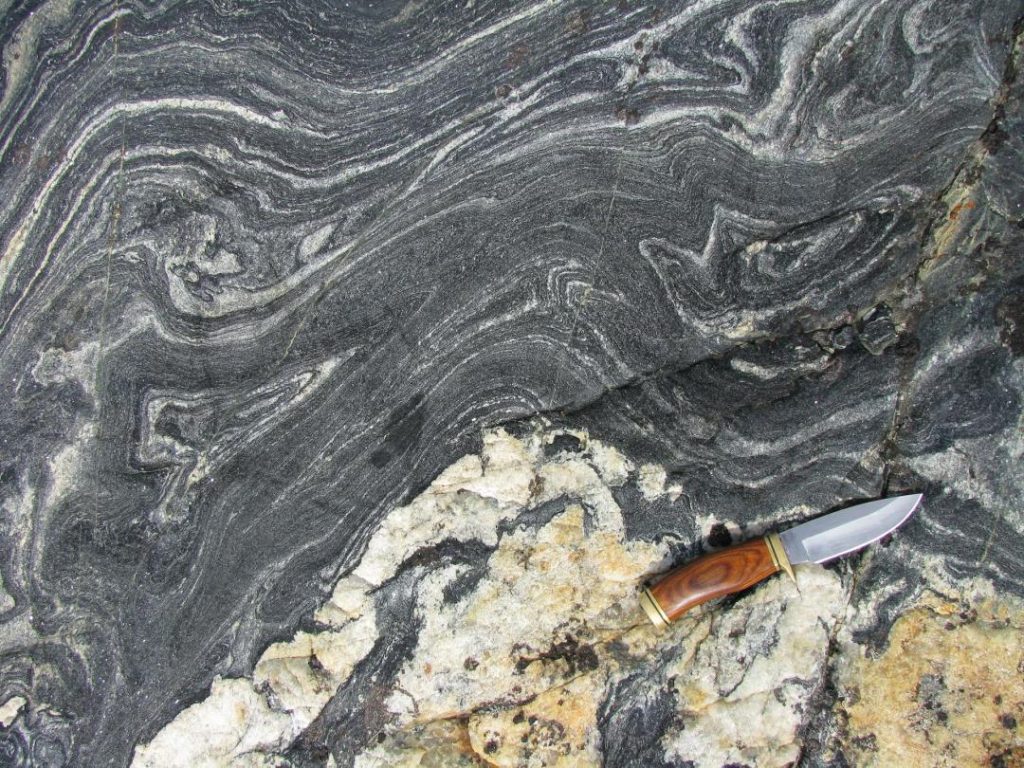
Oldest Rocks on Earth Found: A Glimpse into the Early History of Our Planet
Geologists have long been fascinated by the Earth’s early history, and a recent discovery has shed new light on this enigmatic period. Researchers have found rocks in northern Quebec, Canada, that date back an astonishing 4.16 billion years, making them the oldest-known rocks on Earth. This groundbreaking finding has significant implications for our understanding of the planet’s formation and evolution.
The Nuvvuagittuq Greenstone Belt in northern Quebec is a remote and inhospitable region, home to some of the oldest rocks on the planet. The area is characterized by a series of ancient volcanic rocks, which have been buried for billions of years. The rocks were formed during a period known as the Hadean Eon, a time of intense volcanic and tectonic activity that shaped the early Earth.
The discovery of these ancient rocks is the result of a collaborative effort between scientists from the University of California, Berkeley, and the University of Quebec at Rimouski. The researchers employed two separate testing methods to determine the age of the rocks: uranium-lead dating and hafnium-tungsten dating. Both methods confirmed the age of the rocks, making it a robust and reliable finding.
Previously, the oldest-known rocks on Earth were found in Canada’s Northwest Territories and dated back approximately 4.03 billion years. While this was an impressive achievement, the newly discovered rocks in Quebec are significantly older, providing a unique window into the Earth’s earliest history.
The Hadean Eon, which spanned from approximately 4.5 billion to 4 billion years ago, was a tumultuous period in the Earth’s history. The planet was still in its formative stages, with intense volcanic activity and a hostile environment that made it difficult for life to emerge. The rocks found in the Nuvvuagittuq Greenstone Belt provide a firsthand account of this period, offering a glimpse into the Earth’s early days.
The discovery of these ancient rocks has significant implications for our understanding of the Earth’s formation and evolution. The rocks provide valuable insights into the Earth’s early mantle, crust, and atmosphere, which are essential for understanding the planet’s development.
“The discovery of these rocks is a major breakthrough in our understanding of the Earth’s early history,” said Dr. Robin F. Martin, a geologist at the University of California, Berkeley. “They provide a unique window into the Earth’s earliest days, allowing us to reconstruct the planet’s formation and evolution in unprecedented detail.”
The finding is not only significant for geologists but also has implications for the search for life on other planets. The discovery of ancient rocks on Earth provides a reference point for scientists to search for similar rocks on other planets and moons in our solar system. This could potentially lead to the discovery of extraterrestrial life or evidence of past life on other celestial bodies.
In conclusion, the discovery of the oldest rocks on Earth is a major achievement in the field of geology. The finding provides a unique window into the Earth’s early history, offering valuable insights into the planet’s formation and evolution. The discovery also has significant implications for the search for life on other planets, providing a reference point for scientists to search for similar rocks in our solar system.
Source:






